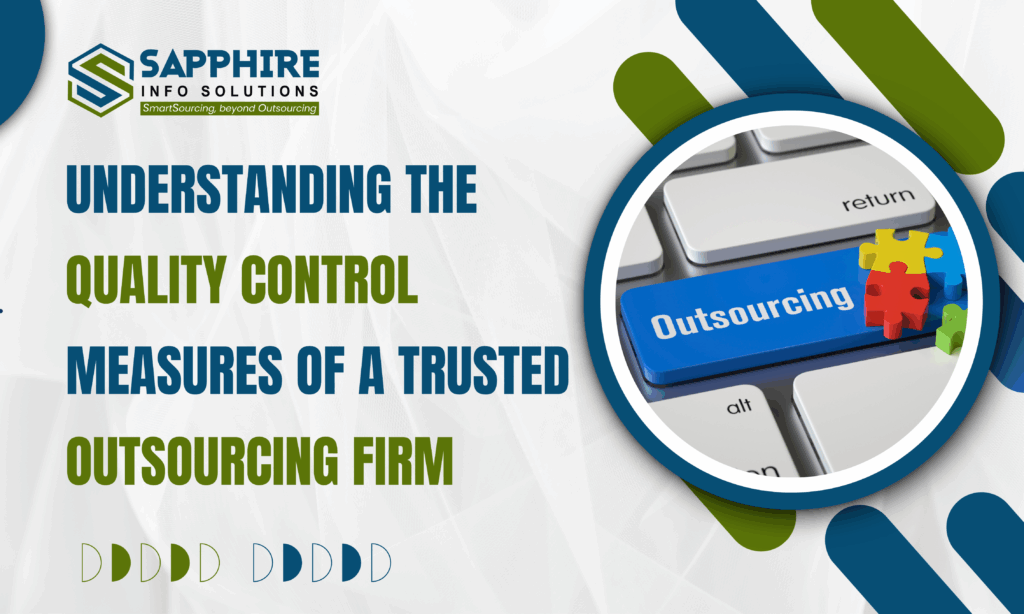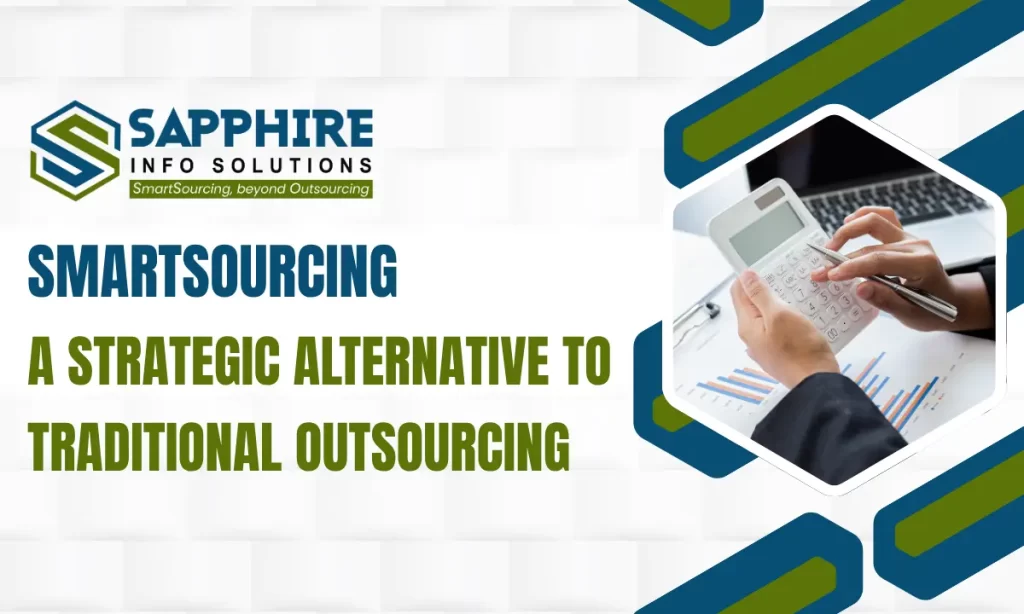Introduction
Scaling an accounting firm in the UK presents a unique set of challenges and opportunities. Outsourced services offer a strategic solution to grow your firm efficiently and cost-effectively. By leveraging external expertise, accounting firms can enhance their service offerings, improve client satisfaction, and focus on core business activities. This guide explores the benefits of outsourcing and provides practical strategies for successfully scaling your accounting firm.
The Benefits of Outsourcing
1. Cost Efficiency
Outsourcing allows accounting firms to reduce overhead costs associated with hiring, training, and maintaining in-house staff. By outsourcing routine and administrative tasks, firms can save on salaries, benefits, office space, and equipment. This cost efficiency enables firms to allocate resources more effectively towards growth initiatives and client-facing activities.
2. Access to Expertise
Outsourcing provides access to a pool of highly skilled professionals with specialized knowledge in various accounting areas, including tax preparation, payroll processing, and financial analysis. These experts bring extensive experience and can deliver high-quality services, ensuring compliance with regulatory standards and minimizing errors.
3. Enhanced Focus on Core Activities
By delegating routine tasks to an outsourced provider, accounting firms can focus on their core competencies, such as client relationship management and strategic advisory services. This shift enables firms to offer more value-added services, improve client satisfaction, and foster long-term relationships.
4. Scalability and Flexibility
Outsourced services offer scalability, allowing firms to adjust the level of support based on their needs. This flexibility is particularly beneficial during peak seasons, such as tax filing periods, when the workload increases. Outsourcing enables firms to scale operations without the need for permanent hires, ensuring efficiency and cost-effectiveness.
5. Access to Advanced Technology
Outsourced accounting providers invest in cutting-edge technology and software, offering firms access to the latest tools without significant upfront investments. These technologies enhance data accuracy, streamline workflows, and improve overall efficiency, helping firms stay competitive in a rapidly evolving industry.
Strategies for Scaling with Outsourced Services
1. Identify Key Areas for Outsourcing
Begin by assessing your firm’s current operations to identify areas that can be outsourced. Commonly outsourced tasks include:
- Bookkeeping
- Payroll processing
- Tax compliance
- Financial reporting
Focus on tasks that are routine, time-consuming, and do not require direct client interaction. Outsourcing these tasks can free up valuable time for your team to focus on strategic activities.
2. Choose the Right Outsourcing Partner
Selecting a reliable outsourcing partner is crucial for a successful scaling strategy. Consider the following factors when choosing a partner:
- Experience and Expertise: Look for providers with a proven track record and specialized knowledge in accounting services.
- Technology and Security: Ensure the provider uses advanced technology and has robust data security measures in place.
- Client References: Check references and reviews to gauge the provider’s reliability and service quality.
- Cost Structure: Understand the cost structure and ensure it aligns with your budget and expected savings.
Sapphire Info Solutions, for example, offers comprehensive outsourced accounting services with a focus on quality, security, and client satisfaction.
3. Develop a Detailed Transition Plan
A well-structured transition plan is essential for a smooth shift from in-house to outsourced operations. The plan should include:
- Timeline: Establish a realistic timeline for the transition, including key milestones and deadlines.
- Resources: Allocate resources, including personnel and budget, to manage the transition process.
- Training: Provide training for your in-house team to ensure they understand the new processes and tools.
- Communication: Maintain clear and consistent communication with both your in-house team and the outsourcing provider.
4. Monitor and Evaluate Performance
Continuous monitoring and evaluation are vital to maintaining high-quality standards and achieving desired outcomes. Implement the following strategies:
- Performance Metrics: Establish key performance indicators (KPIs) to measure the quality and efficiency of outsourced services. Common KPIs include error rates, turnaround times, and client satisfaction scores.
- Regular Reviews: Conduct periodic reviews with the outsourcing provider to discuss performance, address any issues, and identify areas for improvement.
- Feedback Loop: Maintain a feedback loop with your in-house team and clients to gather insights and make necessary adjustments.
Overcoming Common Challenges
1. Resistance to Change
Change can be met with resistance from staff who may feel threatened by the shift to outsourcing. To overcome this, involve your team in the transition process, provide clear communication about the benefits, and offer training to help them adapt to the new processes.
2. Data Security Concerns
Data security is a top priority when outsourcing accounting services. Ensure your outsourcing partner has robust security measures, such as data encryption, secure access protocols, and regular security audits, to protect sensitive information.
3. Quality Control
Maintaining quality control is essential to ensure that outsourced services meet your firm’s standards. Establish clear quality benchmarks, conduct regular audits, and provide feedback to the outsourcing provider to ensure continuous improvement.
Case Study: Successful Scaling with Outsourced Services
Consider the example of a mid-sized accounting firm in the UK that successfully scaled its operations by partnering with Sapphire Info Solutions. The firm faced challenges related to high operational costs and limited capacity to handle peak-season workloads. By outsourcing their bookkeeping and payroll services, they achieved the following results:
- Cost Savings: Reduced operational costs by 50%, allowing for reinvestment in growth initiatives.
- Improved Efficiency: Streamlined processes and improved turnaround times, enhancing client satisfaction.
- Focus on Core Services: Freed up time for partners and senior staff to focus on high-value advisory services, leading to increased revenue from consulting activities.
Conclusion
Outsourced accounting services offer a strategic pathway for accounting firms in the UK to scale efficiently and effectively. By reducing costs, accessing expertise, and focusing on core activities, firms can enhance their service offerings and drive growth. To successfully scale with outsourced services, it is essential to identify key areas for outsourcing, choose the right partner, develop a detailed transition plan, and continuously monitor performance.
For accounting firms looking to scale their operations, partnering with a reputable provider like Sapphire Info Solutions can provide the expertise and support needed to achieve these goals. Contact Sapphire Info Solutions today to learn more about their comprehensive outsourced accounting services and how they can help your firm scale successfully.

















